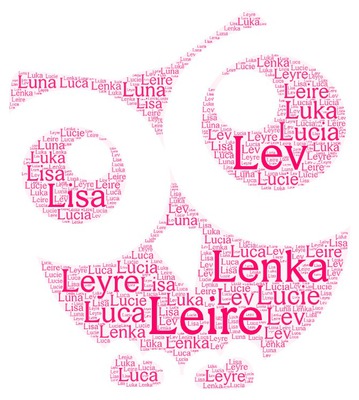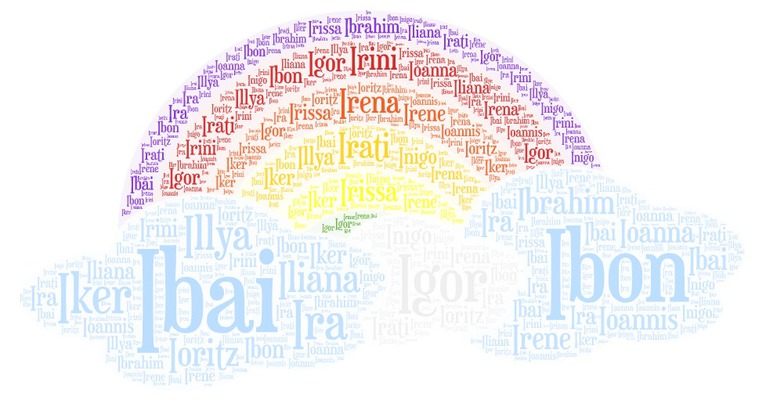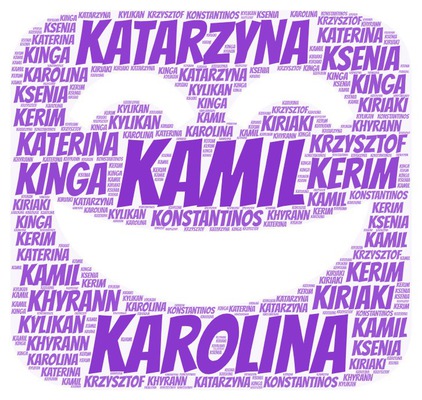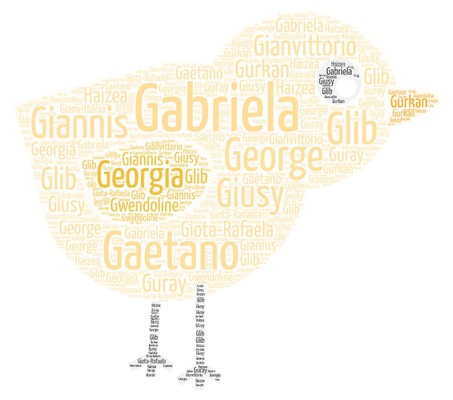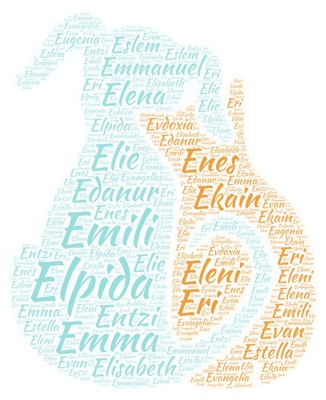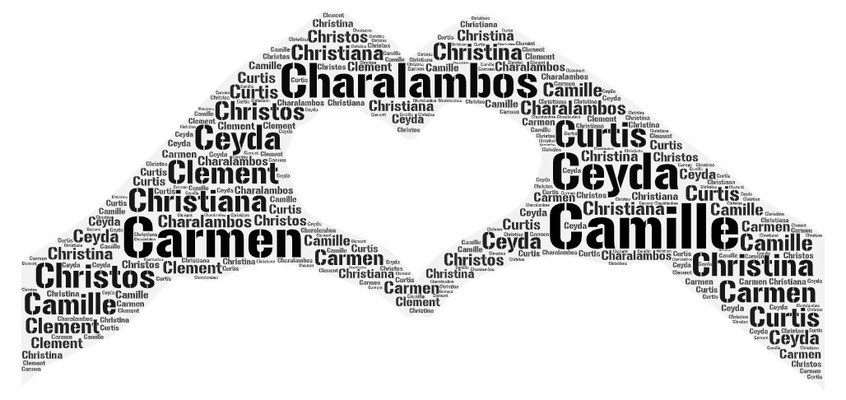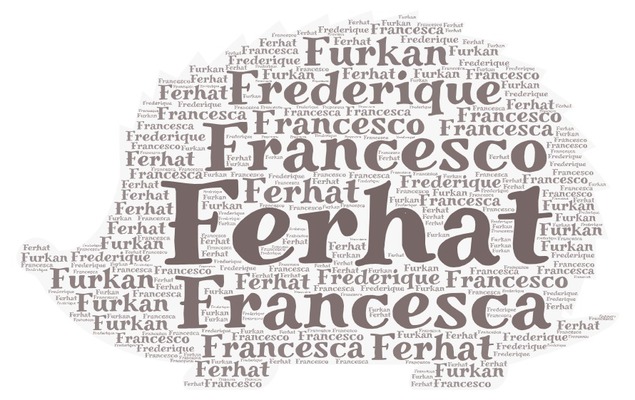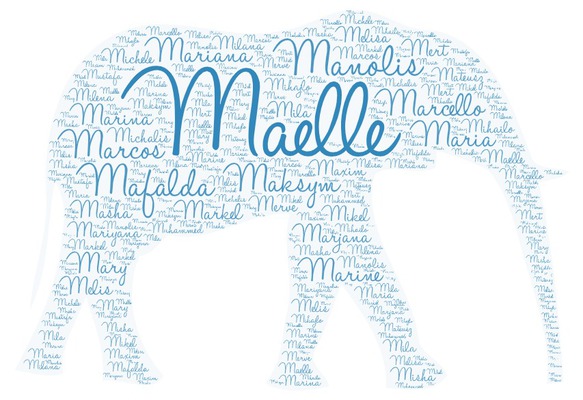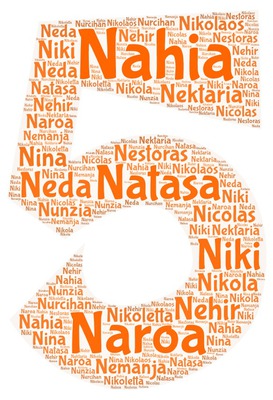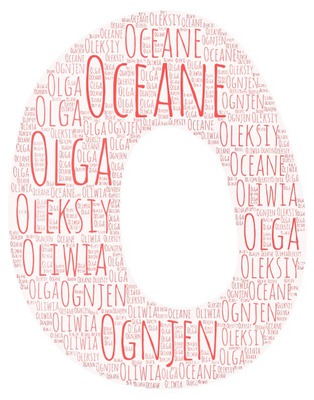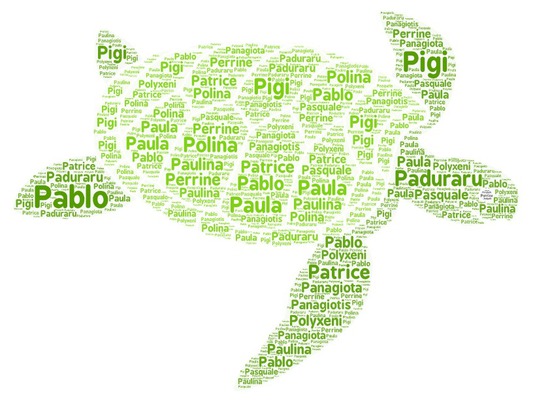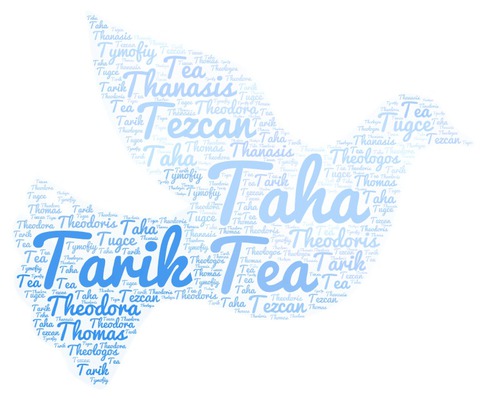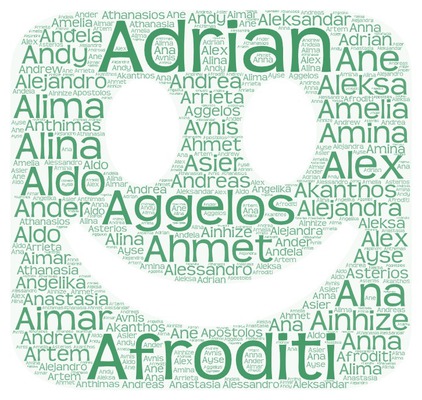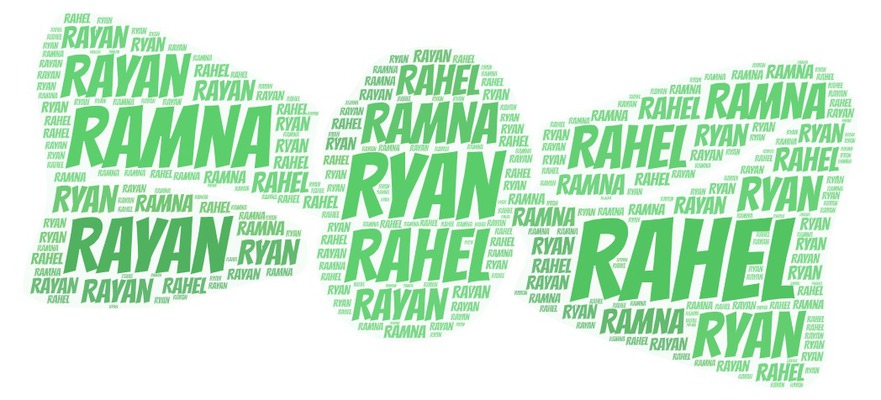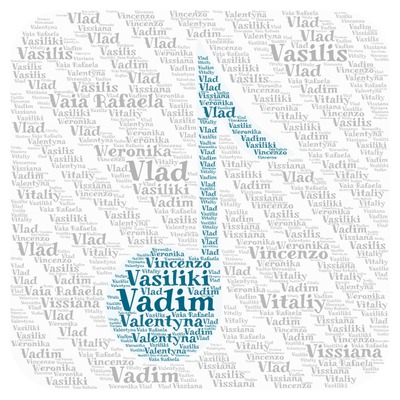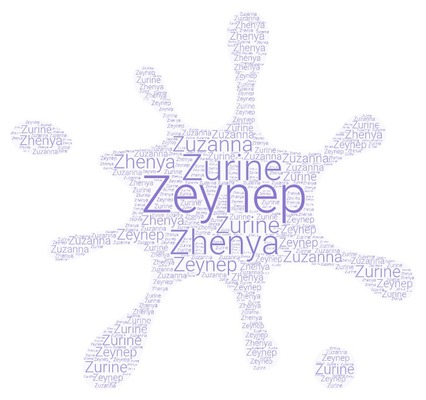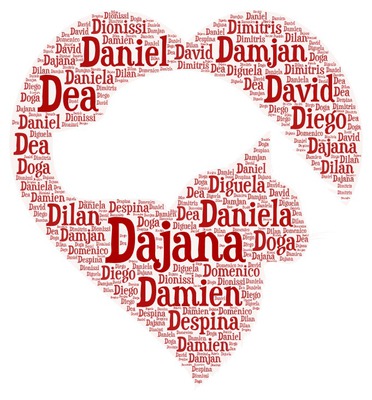Knock, knock, you've got mail!
This blogspot is for our etwinning project.
Monday, 31 August 2020
Monday, 27 July 2020
Instead of farewell, we promise to go on and before you go...play KAHOOT with us!

Wednesday, 22 July 2020
Our epistolary e-book
Monday, 6 July 2020
Comeback
Sunday, 1 March 2020
Welcome Spring - Goodbye Winter
 |
| Χειμωνιάτικη Χαλκιδική |
 |
| Χειμωνιάτικη Χαλκιδική |
But now, you don't have to look at the calender to understand that spring is approahing. The sun rises earlier in the morning and sets later in the evening, creating a warm feeling. The quality of the light changes too, the day is brighter and the air is warmer. The beautiful almond tree is the first one to bloom, as a messenger of the new season to come. Beautiful pink and white flowers which throw their petals in the first blow of the air. Wild anemone flowers spring from earth with their beautiful lilac colour, beautiful flower bed under the bare branches of the trees. And the olive groves, shine with their green silver leaves.
 |
| Αμυγδαλιά |
 |
| Ελιές |
Hello February - Pinch and punch have a nice month!
Alkyonides days
Alkyonides days, in Greece, are called the warm days in the middle of winter, usually at around the middle of January, which are a welcome brake to the cold winter weather. Alkyona is a small sea bird. The tradition says that this bird lays its eggs during those warm winter days. The ancient Greek have a myth for that.
Here is the myth:
Local customs and traditons
One of the customs the students described, has a ritual called "Piperou". It is very old and it takes place early in the summer. The purpose of that ritual is to ask for rain, to water the fields and crops, during the hot and dry summer season. The ritual is as it follows: A you ng lady is dressed in leaves and flowers and walks around the village followed by otherwomen and they sing the "Piperou" song asking for rain. As she walks by the houses, the villagers throw water on her as if it was rain. The procession ends at the seaside where they sing and dance all together, traditional songs and dances.
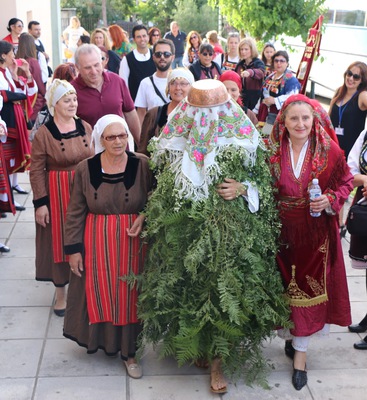
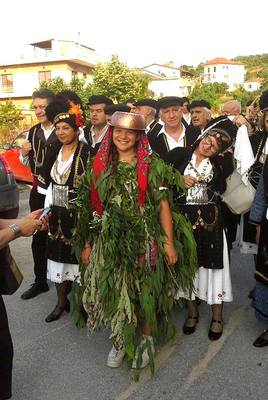
Another custom is called "Ai Giannis Klidonas". It also take place in the summer and it dates back to the antiquity. The ritual involves the lighting of a big fire for catharsis. A day before we celebrate St.John - Ai Giannis in Greek - all unmarried girls go to thecentral square of the village, they fill a big jar, pitcher, stamna, with the "unspoken water". They carry this water, silent, and without laughing, and they place it in a cicle made of stones and flowers, in the central square of the village. Inside their jar, they place a personal object such as a ring and they cover it with a red cloth and seal it with a string. They sleep at night with their jar in their minds, hoping to dream their future husband. The next morning they go to church and have celebrations.
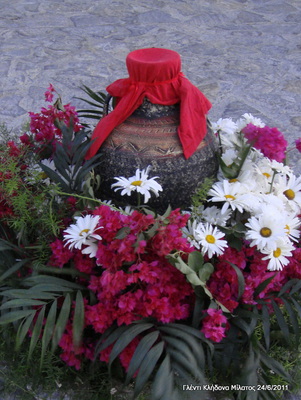
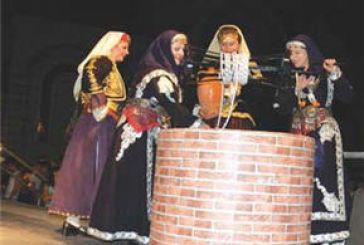
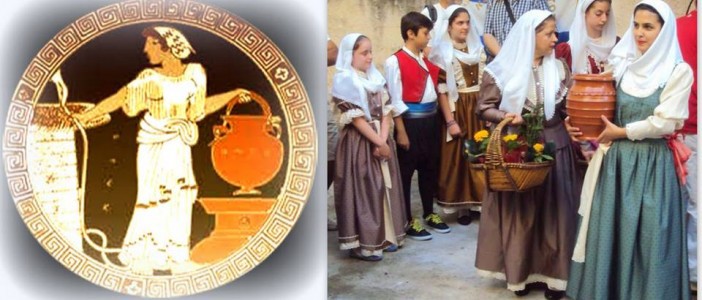
Another custom takes place in July the 20th when Prophet Elias is celbrated. There is an all nigh celebration and the other day there is a festival where people eat fish (sardines) and drink wine.
There are also many festivals and one of the is the Sardine Festival. In Ierissos, traditionally, there are many fishermen and the sardines from Ierissos are famous all over Greece. They eat sardines, dance and sing traditional Greek dance and songs.
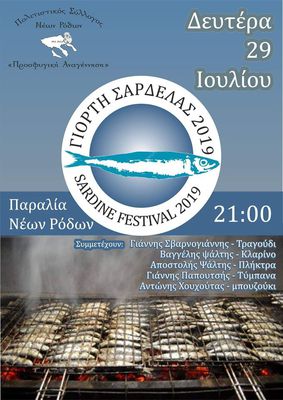
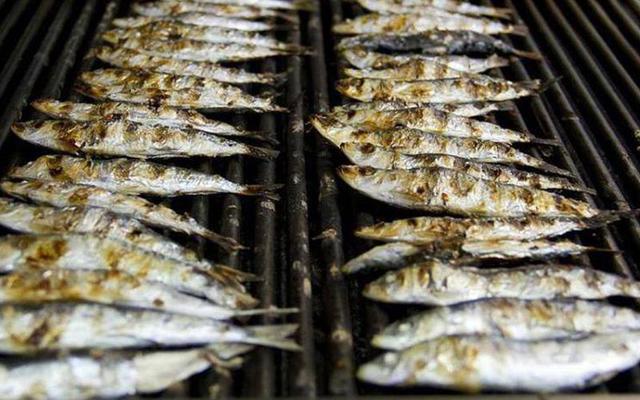
A traditional profession in Ierissos is shipbuilding. They are excellent shipbuilders and experts in ther craft. They get orders from all over Greece.
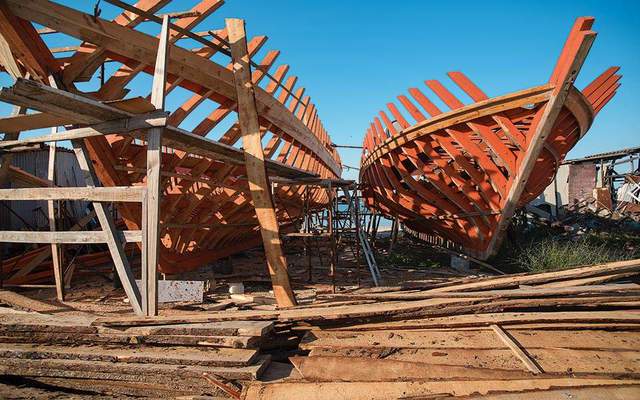
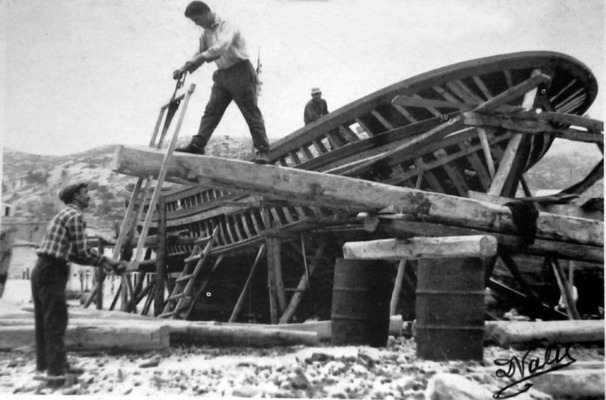
Cultivating olives is traditional in Greece and in Chalkidiki area too. Olive groves dominate the landscape with their beautiful silver green leaves, producing excellent quality of olives and extra virgin olive oil. The cultivation of the olive trr dates back to the antiquity. The winners of the ancient Olympic games were given a wreath of olive leaves, the sacred tree of the ancient godess Athena.
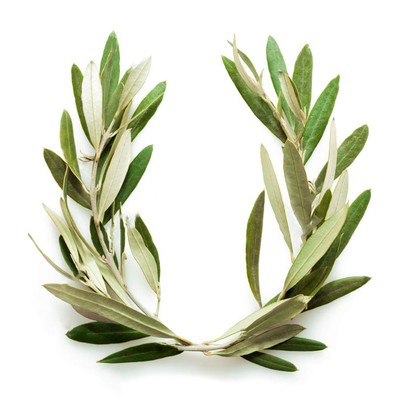
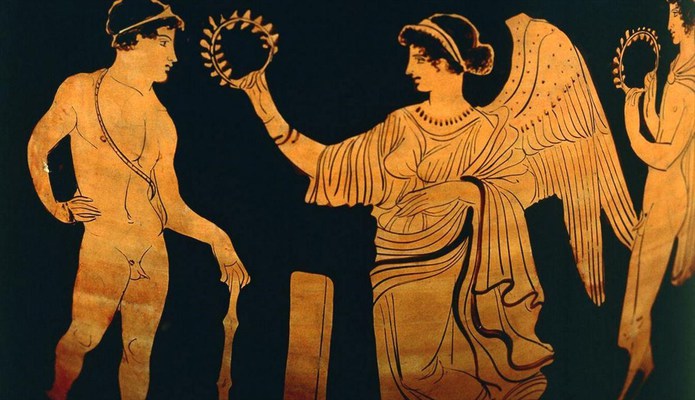
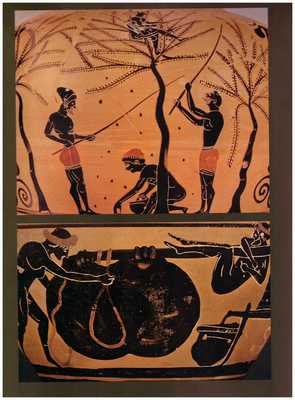
There are many customs and traditions, national or local, which date back to the antiquity and have been adapted to the Greek Orthodox Christian religion.
This season, February, start the celebrations of the Carnival, which dates back to the Dionyssian feasts. It is a period that people dress up in costumes, drink wine and eat meat (sausages, souvlakia, paedakia, brizoles - names of meat dishes). It is a short peoriod which ends in Shrove Monday, when the forty days lent before Easter, begins. It is deeply connected to the beginning of Spring and the revival of Nature.
These
are only a few information about customs and traditions in our place
and our country. We hope yo find them interesting.
Saturday, 11 January 2020
When is Christmas celebrated?
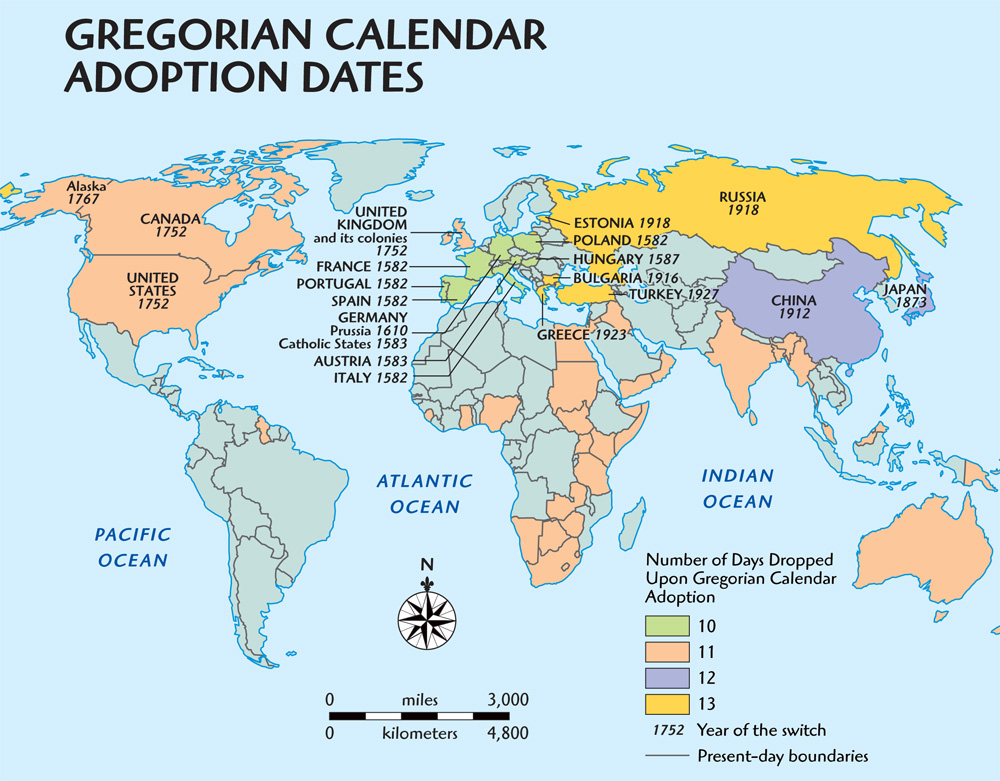 | |
| https://www.familytreemagazine.com/premium/gregorian-calendar-adoption-map/ |
Thursday, 2 January 2020
Christmas traditions in Greece.
There are many traditions in Greece related to Christmas. There are also many local traditions depending on the part of Greece you come from. Here, we are going to share some of the traditions which are national and can be found all over Greece.
First of all "christmas" in Greek is "Χριστούγεννα" meaning the birth of Christ. It is celebrated on the 25th of December. On Christmas day people go to church for the christmas mass and later on they gather all together, in families, and have a festive lunch. One the major characteristics of christmas festivities is family and friends' gatherings. People celebrate and have fun together, exchanging gifts and wishes. The house smells sweets and tasty food specially prepared for Christmas.
Women prepare pork in the oven, with potatoes, christmas rice, and fruit. Some other may cook a turkey filled with christmas rice. Special delicacies such as melomakarona, kourabiedes, diples, kataifi are hard to resist.
 |
| Pork with potatoes |
 | ||
| Roasted turkey with christmas rice |
 | |
| Melomakarona and kourabiedes |
A very old tradition, which dates back to the antiquity, is throwing and breaking a pomegranade before entering the house the first day of the year. It symbolises abundance, fertility and is related to Persephony and the connection with the underworld. It is the fruit of good luck, happiness and prosperity.
 |
| Kalikantzari cutting the tree whic holds earth! |


